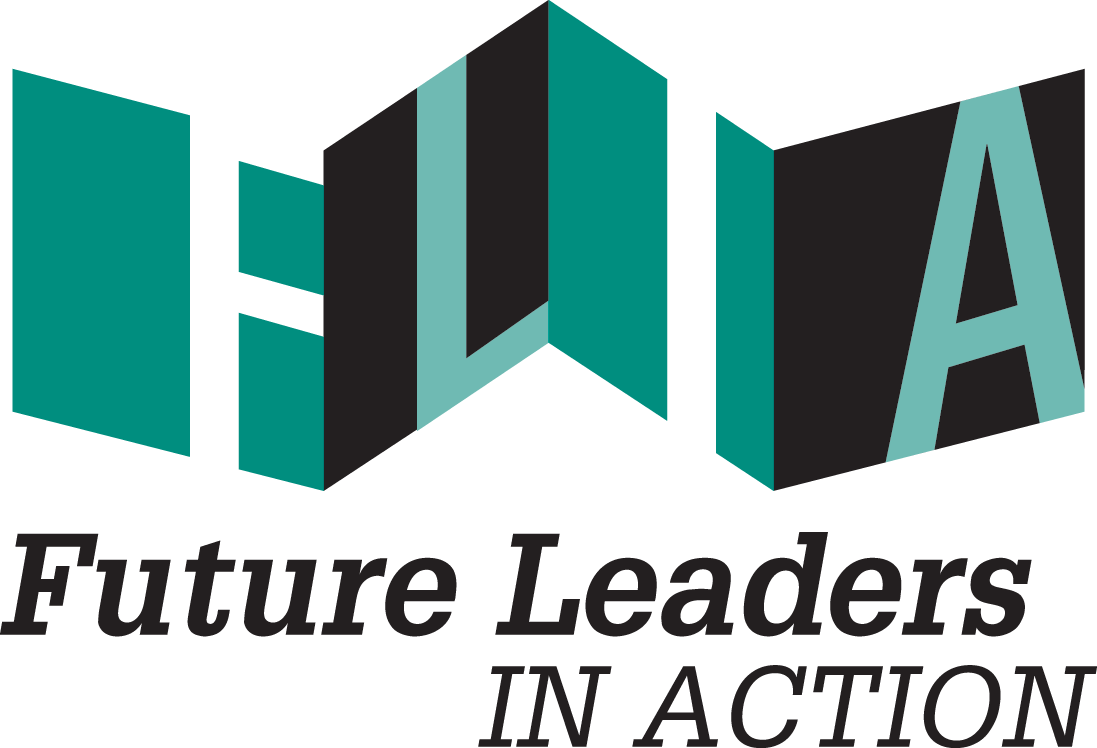Recently, I attended the Impact Fellowship Summit organized by IREX. During the panel “How Do We Build More Inclusive Programs from the Ground Up?”, a panelist, Asandi Conner with Detroit Revitalization Fellows, highlighted the importance of demystifying what fellowship means for your organization in order to make sure that potential participants can see themselves as a part of your program. A fellowship can manifest itself in many ways as there are academic and professional fellowships and each one can look very different.
At FLIA, we intentionally chose the word fellowship over internship, but hearing her mention that I realized we’ve never externally shared our reasons. Internships and fellowships are often used interchangeably, but to FLIA there is a distinction. So, why do we call it a fellowship and not an internship? First, to signify the extensive professional and leadership development components. Secondly, to demonstrate that fellows are gaining extensive experience working with youth nonprofits in a way that pushes them by leading a project independently. There are many internship opportunities that do include these two points, but for us using fellowship ensures that this is being communicated to anyone coming across FLIA.
Professional & Leadership Development
The fellowship starts with a one-week leadership training retreat where they work on creating a network among their peers. Additionally, they explore storytelling, sharing feedback and setting goals. Fellows spend time examining and defining their personal values and mission to help guide future decisions. We continue to explore these topics throughout the fellowship.
After the retreat, most of the fellows’ time is spent working on their projects for their partners, which in and of itself provides many professional development opportunities. Additionally, each week fellows complete professional and leadership development activities. Fellows reflect on a weekly prompt together with the goal of having greater understanding of their strengths and the type of leader they want to be. They watch or read different resources and discuss the application to their work or future plans. Finally, fellows spend time helping each other problem solve in relation to each respective project.
Build Experience with Youth Nonprofit
At FLIA, we focus on providing fellows experience working with youth organizations and nonprofits. The type of opportunities that are available can vary greatly depending on the needs of our partners at the time. However, each project aligns with one of three focus areas: Advancing Skills for Success, Promoting Public Health or Protecting the Environment. We select projects that will challenge fellows while providing opportunities to gain extensive experiences by allowing fellows to work more independently and really lead the direction of the project. We felt that the word fellowship helps encompass the independence and the high level of work that the fellow completes. FLIA provides support to fellows throughout the fellowship to ensure that they feel challenged without feeling too overwhelmed.
The goal being that after the fellowship, fellows will be able to leverage this experience for their next opportunity. By using the word fellow, we’re hoping that it is clear that the fellow has participated in professional and leadership development and has extensive experience leading a project and working independently to potential employers. Resumes offer a short glimpse into individuals’ experiences and each word matters. So, fellow is a concise way to consistently demonstrate the level of responsibility, which can be difficult when using the term intern because the responsibilities and expectations can vary so much depending on the internship experience.
Above All
Ultimately, the point of using fellowship is to ensure that our fellows are recognized for the level of work they complete and the professional and leadership development experiences they have during the program. We do not want the word fellowship to discourage someone from applying out of the concerns that they do not have the experience for it because it is an opportunity to grow and gain new experiences.


